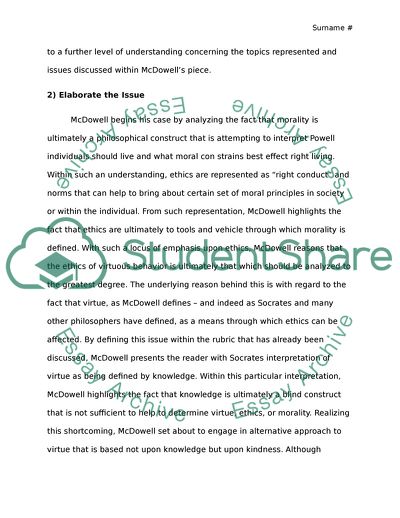Cite this document
(McDowell's Virtue and Reason Coursework Example | Topics and Well Written Essays - 1500 words, n.d.)
McDowell's Virtue and Reason Coursework Example | Topics and Well Written Essays - 1500 words. https://studentshare.org/philosophy/1834331-mcdowells-virtue-and-reason
McDowell's Virtue and Reason Coursework Example | Topics and Well Written Essays - 1500 words. https://studentshare.org/philosophy/1834331-mcdowells-virtue-and-reason
(McDowell'S Virtue and Reason Coursework Example | Topics and Well Written Essays - 1500 Words)
McDowell'S Virtue and Reason Coursework Example | Topics and Well Written Essays - 1500 Words. https://studentshare.org/philosophy/1834331-mcdowells-virtue-and-reason.
McDowell'S Virtue and Reason Coursework Example | Topics and Well Written Essays - 1500 Words. https://studentshare.org/philosophy/1834331-mcdowells-virtue-and-reason.
“McDowell'S Virtue and Reason Coursework Example | Topics and Well Written Essays - 1500 Words”. https://studentshare.org/philosophy/1834331-mcdowells-virtue-and-reason.


